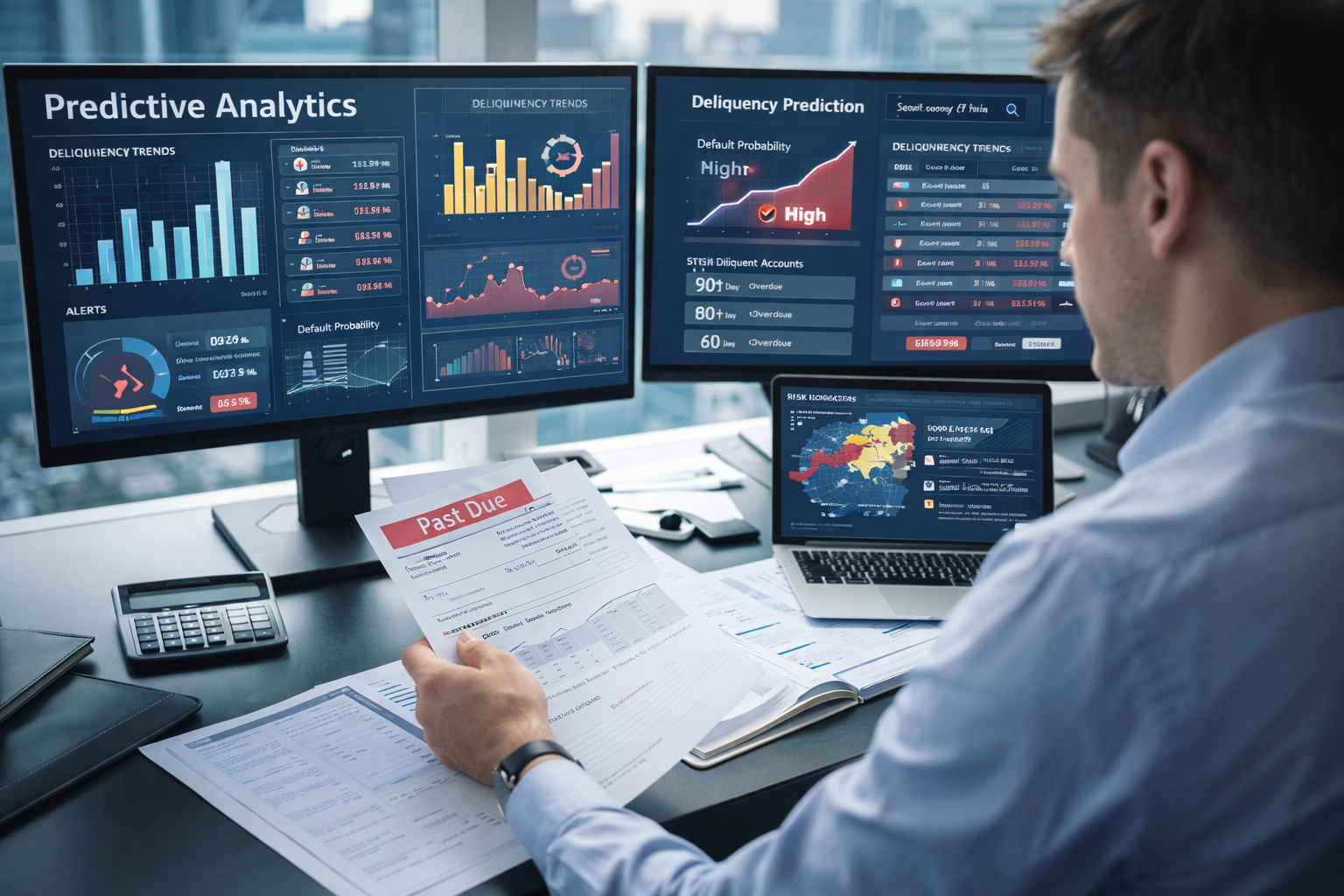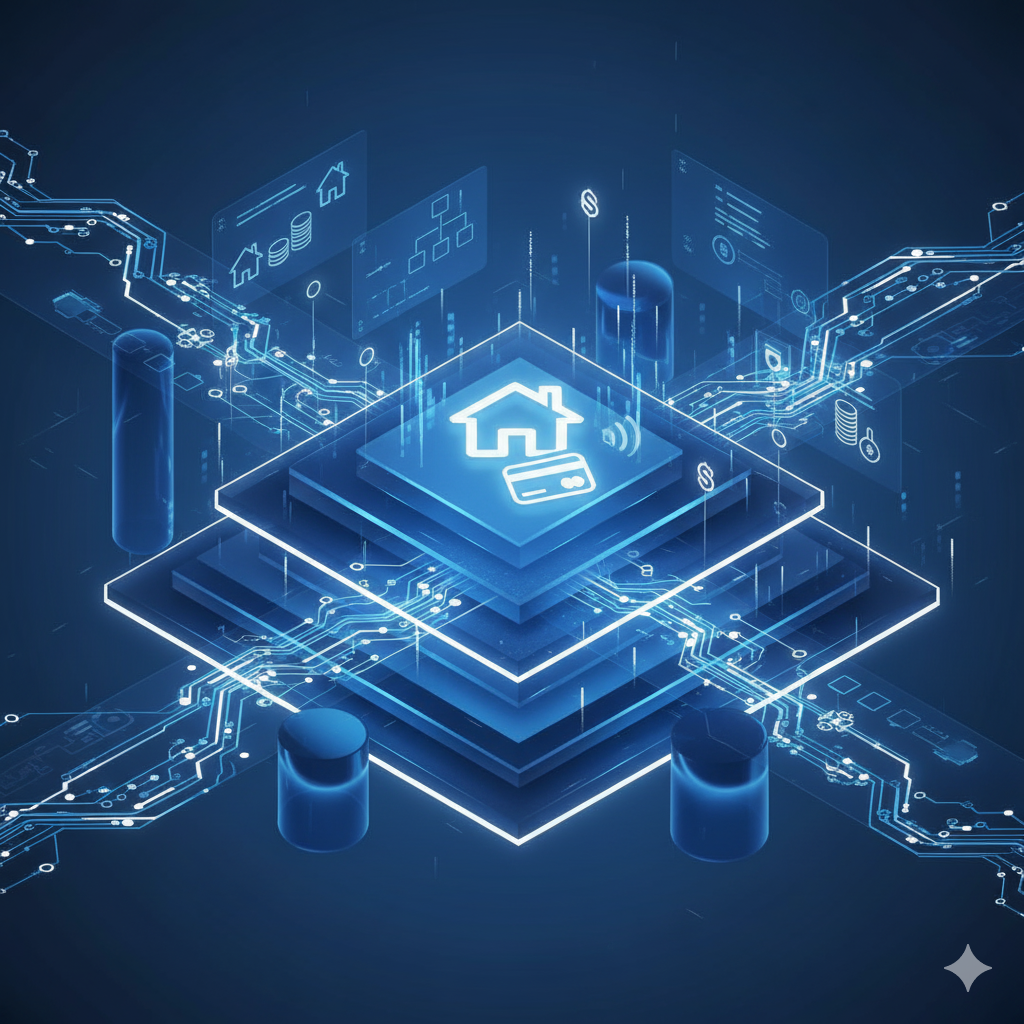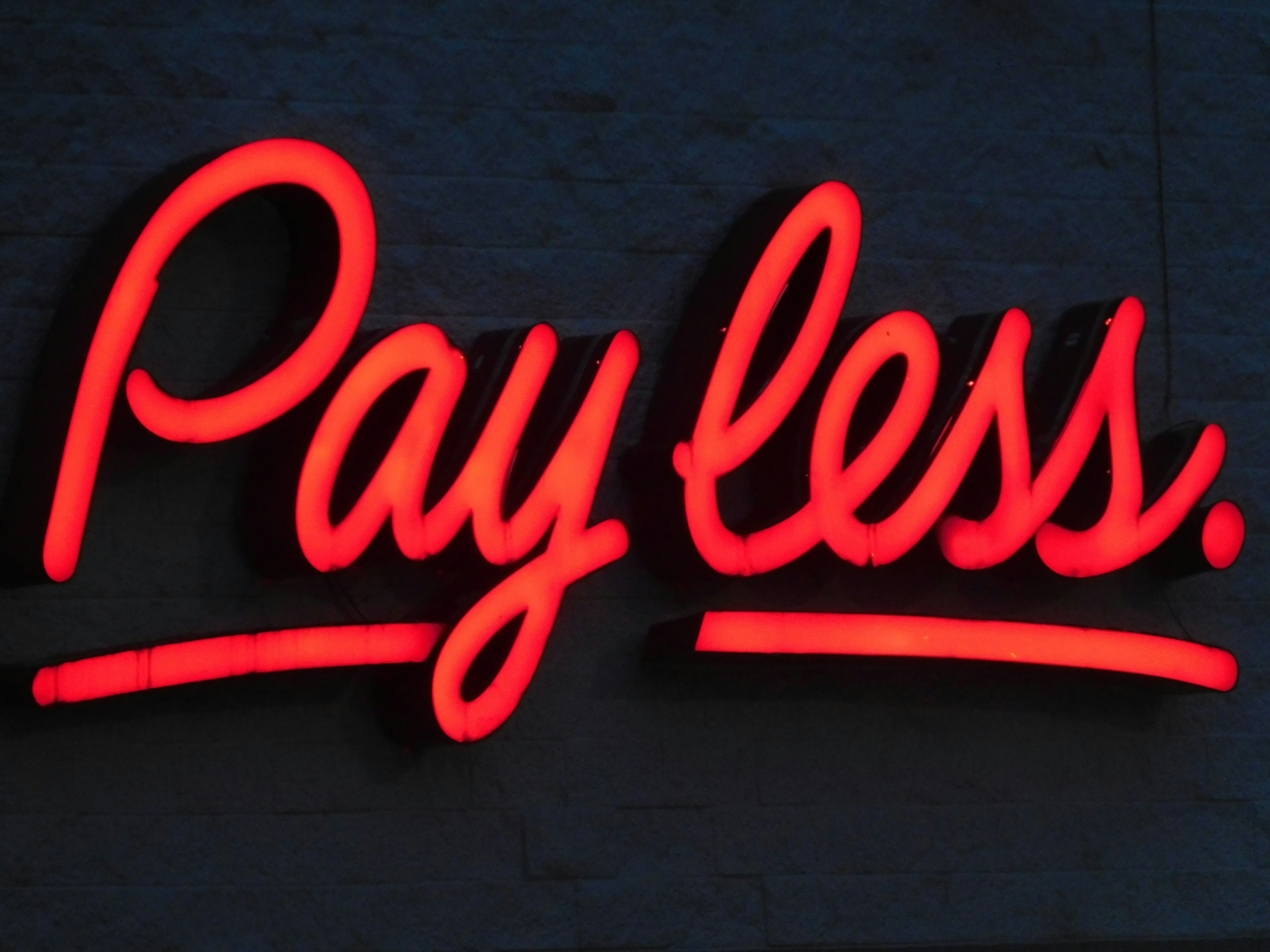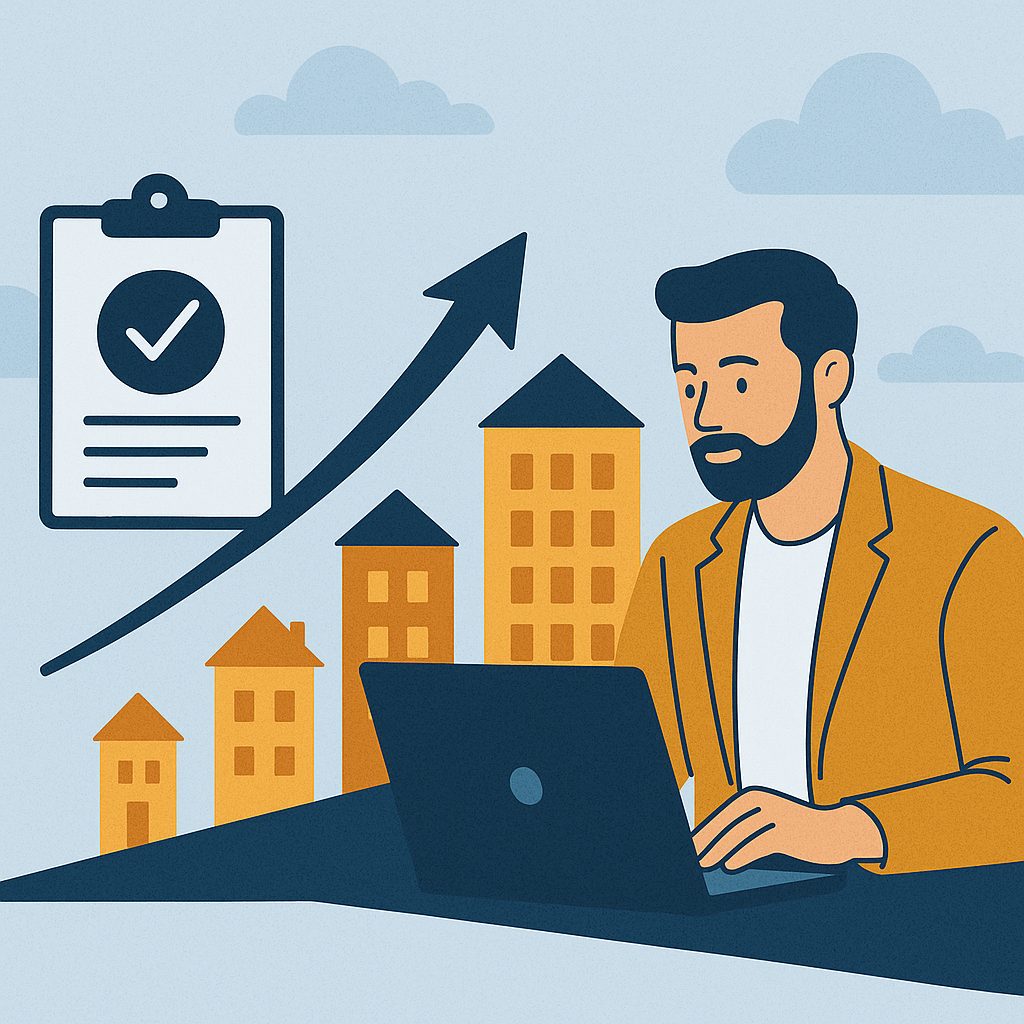Property Management
Property management software (also called PMS) is a sophisticated SaaS (Software as a Service) that simplifies and coordinates the thousands of tasks that go into effectively managing rental properties. With SaaS software, you don’t own the software. Instead, you subscribe on a monthly or yearly basis. In the past, property managers were tied to an office and forced to rely on paper records. Today, PMS empowers employees to work anywhere they can connect to the internet, whether it is by desktop, laptop, or mobile device. Even smaller properties with less than 250 units can save significant amounts of time and money by adopting property management software.
If you are not using property management software now, you need to consider it. The savings in time and expenses are well worth it. If you are already using PMS, you need to evaluate your system periodically to ensure it still meets your needs.
Tip: If you have an Information Technology department or work with a technical consultant, you may want them to enlist their help in evaluating the software.
Evaluating the Platform
Before you look at screens within the software, you need to evaluate the platform. According to Geeks for Geeks, a platform is the combination of hardware and software that forms the foundation of a system. The platform determines how the system handles critical functions, such as security, permissions, system access, and customization.
1) Database safety, backups, and integrity. Property management involves an enormous amount of personal and financial data, as well as transactional data. Much of this personal and financial data is confidential and protected by federal, state, local, and even international regulations. Meanwhile, transactional data is the lifeblood of your business and must also be protected. Questions to ask:
a) How does the system protect data when it is sent between systems? When data is sent between systems, hackers will often try to intercept or corrupt the data, resulting in a data breach. To prevent this, the platform should support encryption, a system for converting readable data into an encoded format.
b) How does the system ensure data safety? You need to be sure the system supports three procedures: Updating database management software, performing regular database backups, and storing database backups in a secure location. Most systems push backups to the cloud because this is safer and less expensive than duplicating the cloud’s security measures.
2) Permissions. How does the system manage permissions? The goal of permissions is to ensure that employees can access the data and functions they need to do their jobs, but no more and no less. The gold standard for permissions is called “role-based security” because each employee’s permissions are based on their role or work function. For example, members of the maintenance team will only have permission to view data needed to complete maintenance requests.
3) Document management. You need to understand how simple (or difficult) it is to access past and current residents’ electronic files, reports, and records. In the pre-software days, these paper documents crowded metal file cabinets, and companies spent small fortunes storing paper documents. Today, property management software should be able to store and give easy access to such important documents as proof of income certification, employment verification, and tenant applications.
Maintaining Occupancy Rates with New Tenants
Property managers are often judged by their ability to keep properties occupied by high-quality tenants. To maintain occupancy rates, property management staff need support in three areas: Maintaining a database of prospects generated by marketing efforts; having prospects complete a streamlined, online application; and screening applicants.
4) Integrated database of leads generated by marketing efforts. Ask your software vendor: Do you allow me to store data for all leads in a single database? Can I add other leads to that database manually? Can I export this database in various formats and use it in new marketing campaigns?
5) Streamlined online applications. In the old days, even the neatest person struggled to complete a paper application legibly, without making a mistake. Property management software offers a better option: Completing an application online, whether the applicant uses a standalone kiosk, a desktop, a laptop, or a mobile device. Neater applications are easier to process and save staff time and energy. Also, an online application can validate the format of significant numbers, such as Social Security Numbers or phone numbers.
Maintaining Occupancy Rates with Satisfied Tenants
Often, the best way to maintain occupancy rates is to keep tenants so satisfied that they don’t want to move, barring other life events. To keep tenants happy, property management software should offer an online portal. A portal is a central online page where tenants can see and create messages, file maintenance requests, and pay rent.
6) Online portal. Most tenants are computer savvy and used to placing orders and paying bills online. That means the online portal will seem natural and convenient to them. Also, they will feel satisfied that they can access all these functions from one online destination.
7) Online communication. Often property management needs to communicate upcoming events, such as a fire drill, water shutoff, or a holiday party. Communicating by the portal is more straightforward and less likely to get lost than an email or text.
8) File maintenance requests. Online review sites are peppered with complaints about lost or slow maintenance requests. Thus, the PMS must offer a simple, convenient way to file a maintenance request. Even more critical, the PMS needs to support a standardized process for prioritizing maintenance requests based on urgency and tracking the request’s completion.
Watching a Demonstration
Your final step in evaluating any software should be to ask for a demonstration. You will understand how complicated or straightforward the software might be for your staff as you watch. You will also think of additional questions to ask. There is no harm in asking for a second demonstration or more information if you aren’t sure. It is a small step to empower your employees to work smarter, convert more qualified leads, and keep your residents happy.
Want More Tips?
Learn more about how to shop for the best property management software from our free Ebook, which details 15 points to consider when shopping for software.










